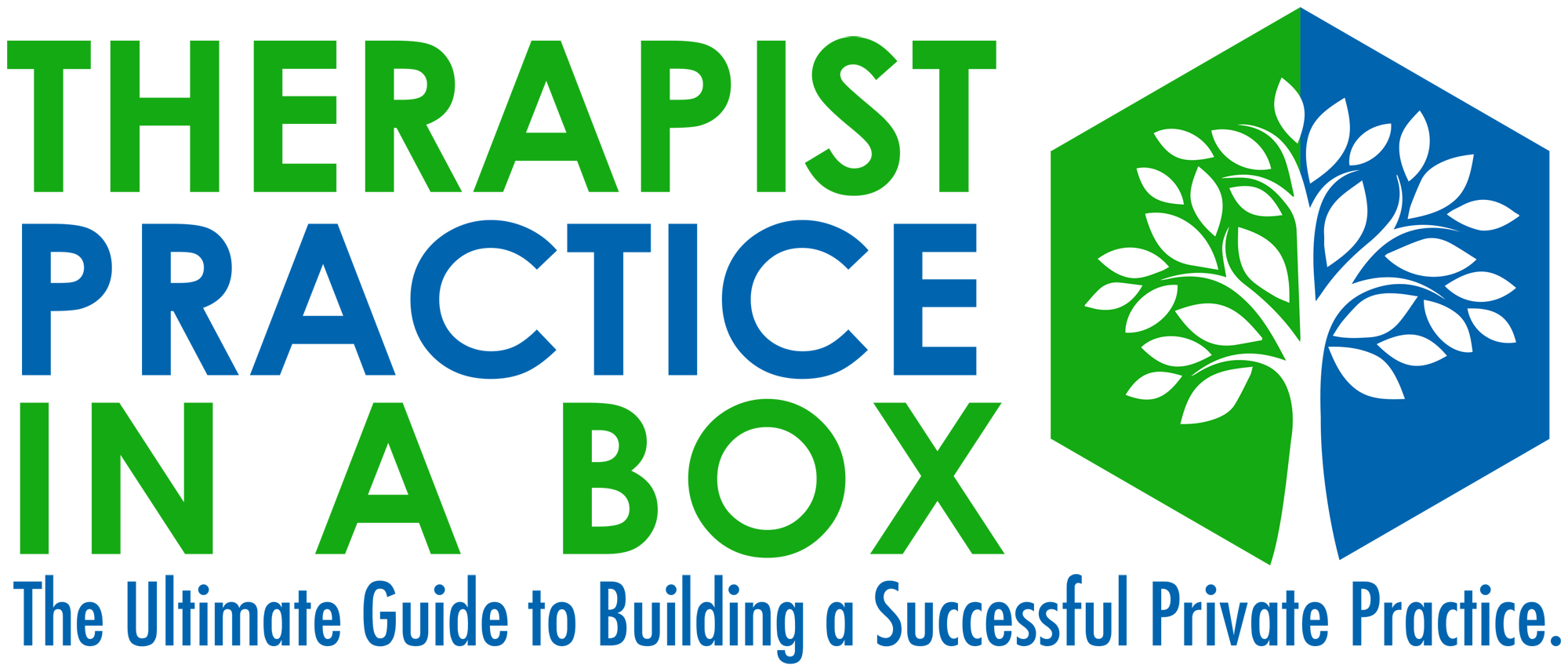If you look at the BBS Responsibility Statement, i.e. MFT Trainee or Associate, you will find 17 criteria that must be met to provide Clinical Supervision to that individual. Some of the criteria are to; maintain a current and valid license in good standing; currently providing therapy to our caseload; sufficient experience, training, and education; know and understand the laws and regulations pertaining to both the supervision of trainees and associates; to provide documentation at the request of the BBS.
And to sign on the dotted line,
“I declare under penalty of perjury under the laws of the State of California that I have read and understand the 17 statements that must be fulfilled, and that I meet all criteria stated, and the information submitted on this form is true and correct.”
Yes! A daunting task.
Associates need 3,000 clocked hours to sit for their exam to become Licensed. This generally takes 2 years at a minimum of supervision and face to face therapy to gain those hours. Some take the full 6 years to sit for the exam and become licensed; this is above and beyond their Master’s Degree.
The Clinical Supervisor must be Licensed, and Licensed for at least 2 years, and have the required training to do this job. I’ve been licensed since 1995. Two years after that, I became a Clinical Supervisor.
I got started when my mentor suggested I give back to the profession and help others gain their hours and have the required supervision.
I cherish the time I spent, and continue to spend, with supervisees. Looking back over my time as a clinical supervisor, I have been able to work with about 300 associates. That is 300 sharp and smart folks, wanting to make a difference in the profession, wanting “to do the work” (a term for, sitting with clients, helping them with mood disorders, children who need play or art therapy, broken marriages, etc.)
“Do I belong in this vocation? Should I regret taking out all the student loans I must payback? Is this the job I wanted to do?”
These are some of the questions associates often ponder during supervision, especially when things get difficult. Some associates say, Yes! – this is what I’m met to do……(I am in that category – I love the work I do.) For those of you reading this saying, I’ve asked those questions before. I am here to tell you, questioning what we do for a living, and how we got there is an OK thing to do! Our clients question their lives many times when difficult situations arise. We all deserve to live the life we want to live, which also includes our professions.
Clinical Supervisors “give back” by mentoring, answering questions, handling crises, “being there” at times when difficult situations arise, and generally give our experience to them. We create a team and learn from them as well. Clinicians sitting together, talking about how we do this work, why we do this work, and who we are “in the room” is very important work.
-Judy McGehee, LMFT
Judy is one of the therapists that works at my practice, Central Counseling Services. She has been a critical part of the growth of our practice by taking on much of the clinical supervision.

